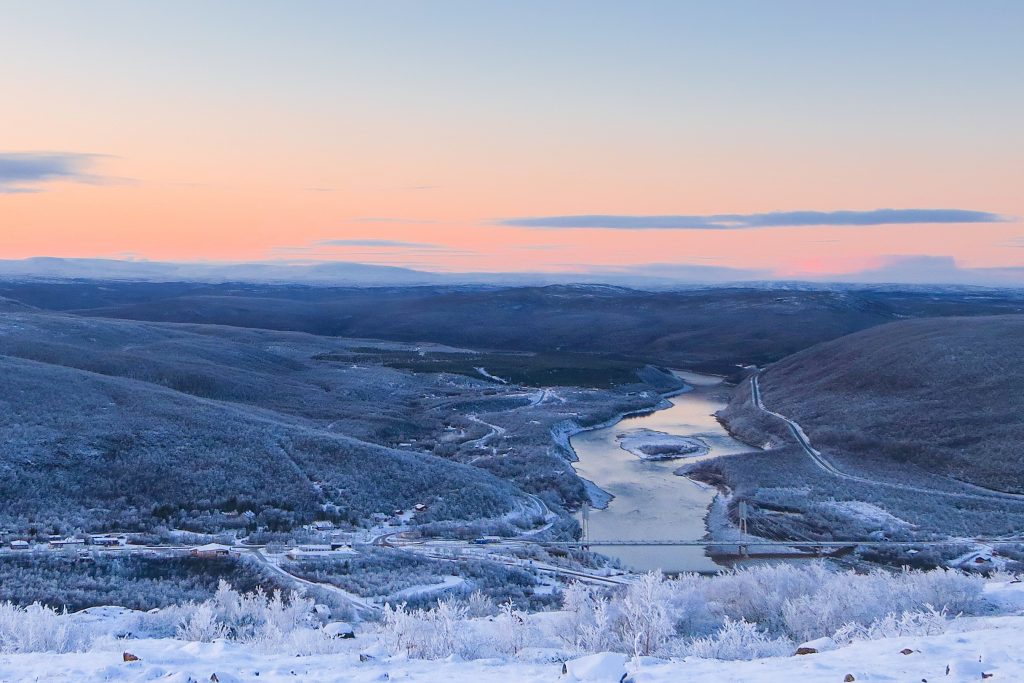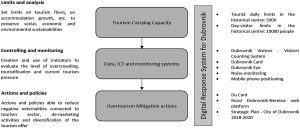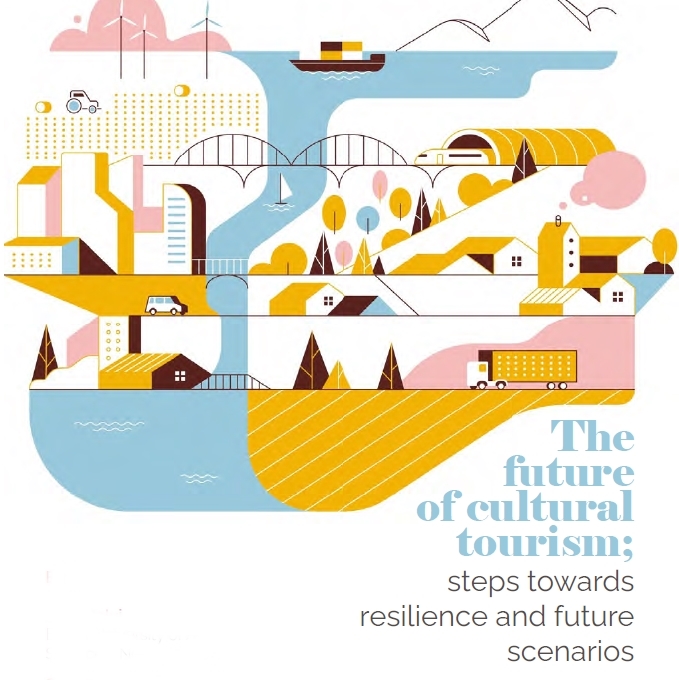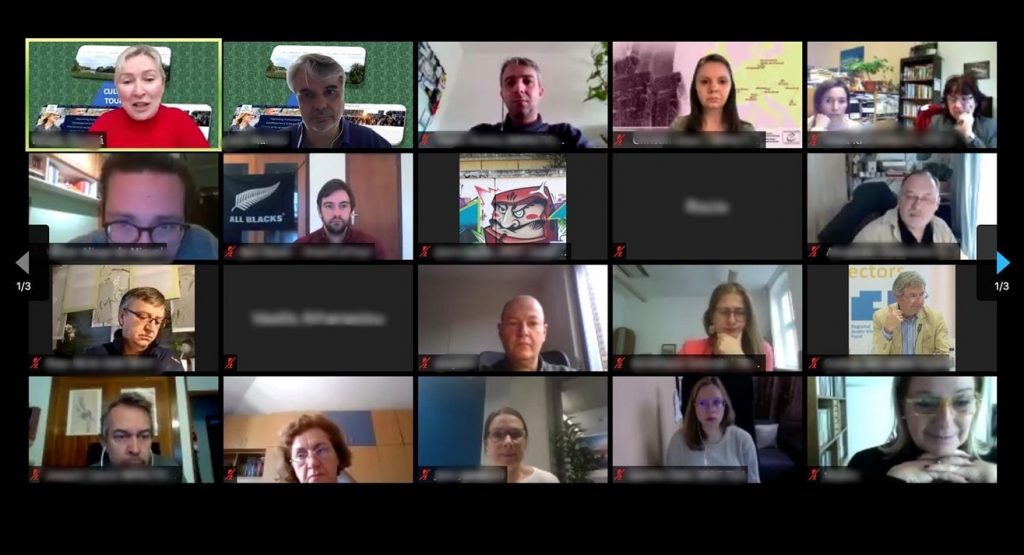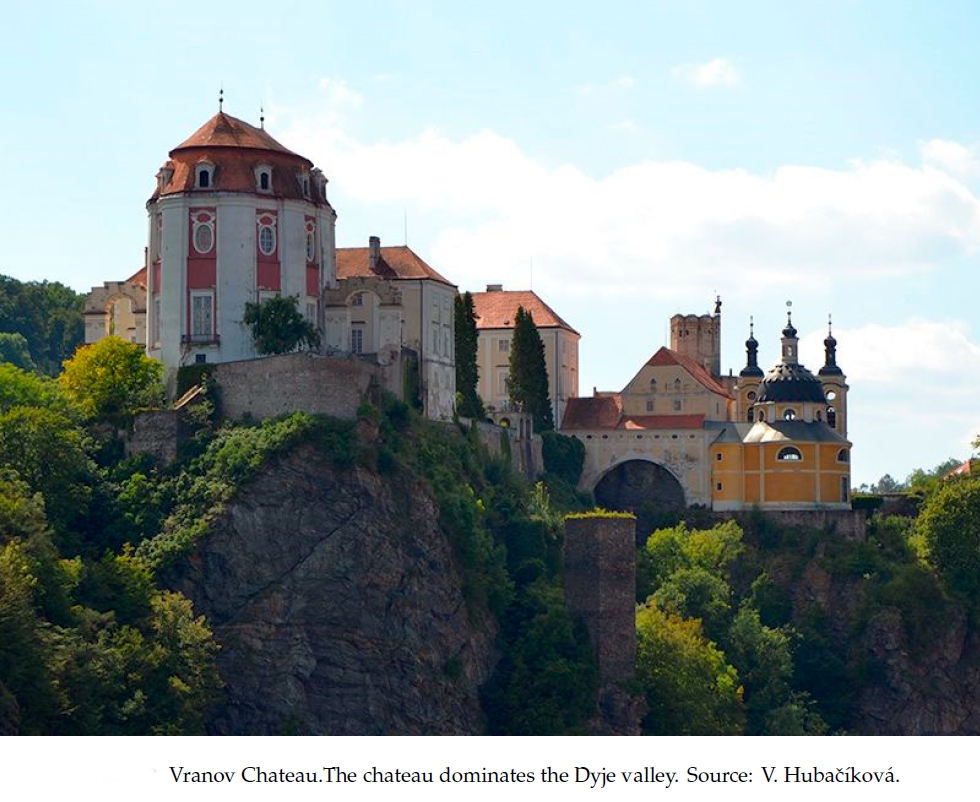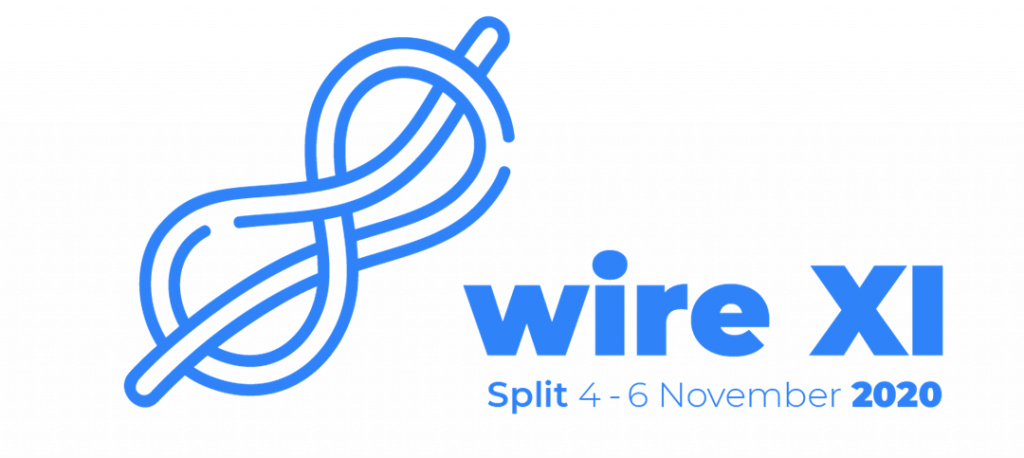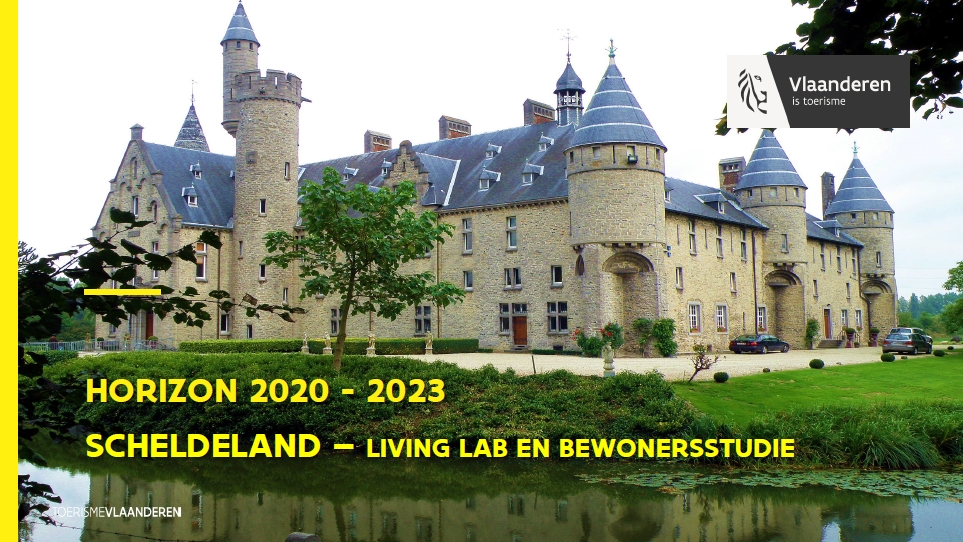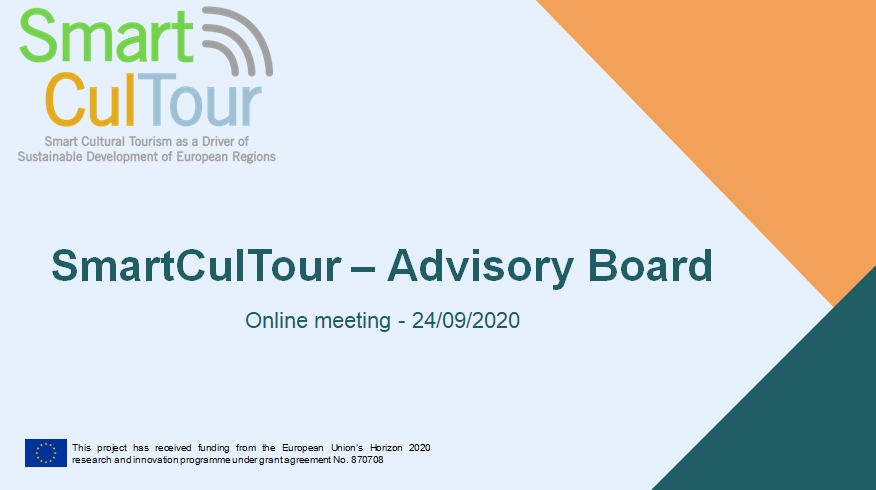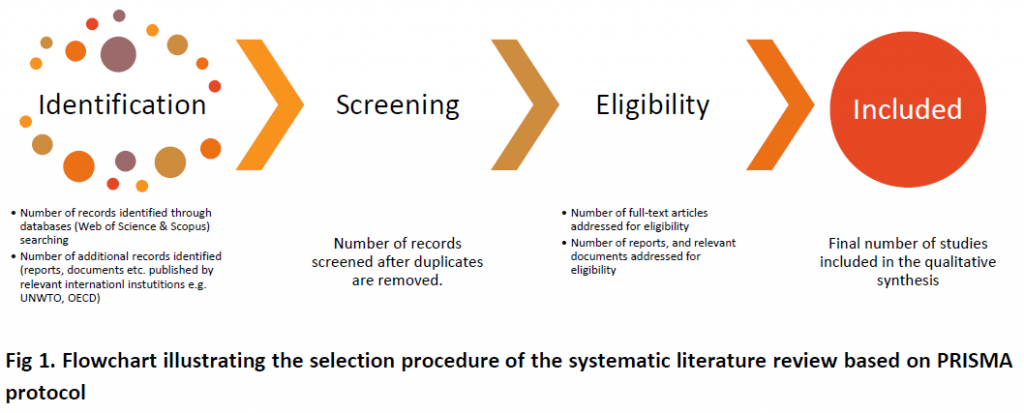The municipality of Utsjoki to launch EU funded H2020 Sustainable Cultural Tourism Living Lab on 12th February 2021
On 12th February 2021, the municipality of Utsjoki will launch a European Living Lab on Sustainable Cultural Tourism. The Utsjoki Living Lab (LL) will be one of six Living Labs across the Europe Union funded by the H2020 research programme – SmartCulTour. A number of issues of concern to the local cultural tourism community will be discussed during this first meeting, including the impact of COVID-19 on the local cultural and tourism industry and how to re-build the local tourism economy over the coming years.
Each of the six Living Labs have been chosen owing to their geographical relevance and to represent a variety of different forms of sustainable tourism. During the project, each LL will implement, test and evaluate novel ways of managing sustainable cultural tourism development through experiments, serious games, arts-based methods, service or social design techniques to enhance collaboration between the cultural sector and the tourism industry, in order to facilitate a process of capacity building. The other five SmartCulTour Living Labs are located in Rotterdam, Scheldeland in Flanders-Belgium, Utsjoki in Lapland-Finland, Huesca in Spain, Split in Croatia and Vicenza in Italy.
To be held hybridly by the University of Lapland, the LL of Utsjoki will bring together over Utsjoki local (and national) experts in sustainable tourism, regional development and culture.
For further information:
Please contact: Hong, Li, hong.li@ulapland.fi, +358444744335.
SmartCulTour Living Labs: http://www.smartcultour.eu/living-labs/
H2020 SmartCulTour project: http://www.smartcultour.eu/
SmartCulTour Brochure: http://www.smartcultour.eu/brochure/


